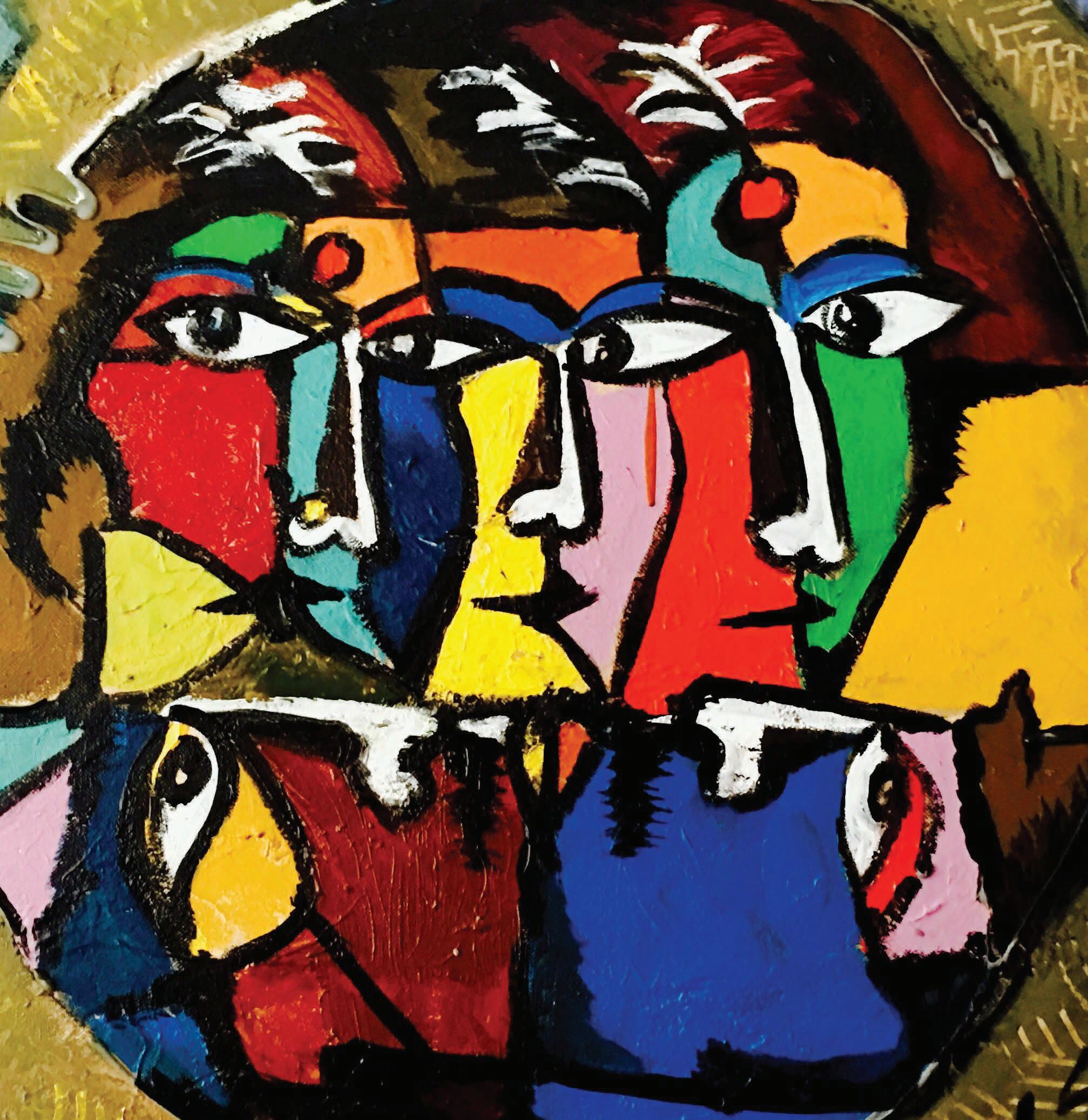OF FRIENDS AND FOE: our natural need for enemies to strengthen group identity and what to do with it. By Matteo Celli If you think about it, the direction that Christianity has ended up taking is paradoxical given its original purposes. It started off as a globally unifying force driven by the principle of universal brotherhood, since we are all God’s children, but eventually those who did not comply with its creed were considered children of the Devil instead. In the first chapter of Authority and the Individual, Philosopher Bertrand Russell uses this example to argue that a truly global cooperation such as a World State or universal religion would have many structural problems because of the lack of an external enemy to fear. Russell considers human need of enemies a “largely unconscious primitive ferocity”. He traces this need back to the first forms of social cohesion in human history, which originated in loyalty to a certain group, i.e. the family, and was strengthened by fear of external enemies. Families grew until they became nations and empires, largely either because of war or because of alliances against common threats. This instinct, according to Russell, has survived civilisation despite religion, morality, politics, economics and education, as it is embedded in human nature.
Bertrand Russell, Authority and the individual (Routledge Classics, 2010), p.8 Bertrand Russell, Authority and the individual (Routledge Classics, 2010), p.14 3 Umberto Eco, Costruire il nemico, Lecture at University of Bologna, 15 May 2008, published in 2020 as an insert to La Repubblica Newspaper. No English translation available. 4 Umberto Eco, Costruire il nemico, Lecture at University of Bologna, 15 May 2008, published in 2020 as an insert to La Repubblica Newspaper. No English translation available. 1
2
12










